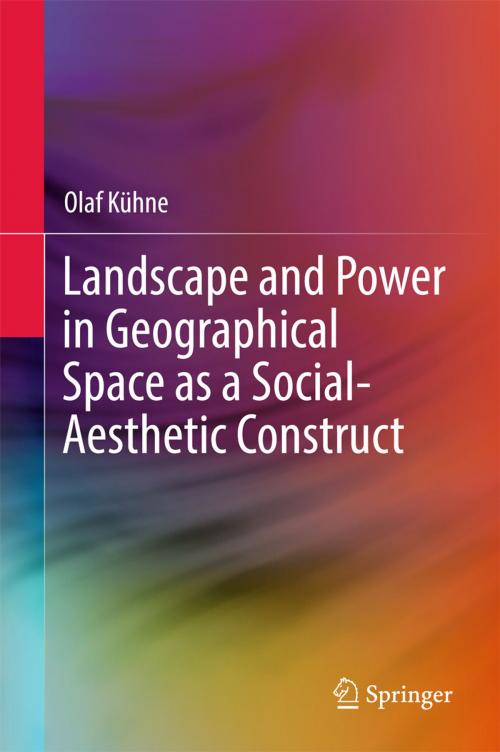Landscape and Power in Geographical Space as a Social-Aesthetic Construct
Nonfiction, Social & Cultural Studies, Political Science, Politics, City Planning & Urban Development, Social Science, Human Geography, Science & Nature, Science| Author: | Olaf Kühne | ISBN: | 9783319729022 |
| Publisher: | Springer International Publishing | Publication: | February 13, 2018 |
| Imprint: | Springer | Language: | English |
| Author: | Olaf Kühne |
| ISBN: | 9783319729022 |
| Publisher: | Springer International Publishing |
| Publication: | February 13, 2018 |
| Imprint: | Springer |
| Language: | English |
This book examines the power definiteness of landscape from a social constructivist perspective with a particular focus on the importance of aesthetic concepts of landscape in development. It seeks to answer the question of how societal notions of landscape emerge, how they are individually updated and how these ideas affect the use and design of physical space. It also analyzes how physical manifestations of societal activity impact on understandings of individual and societal landscapes and addresses the essential aspect of the social construction of landscape, cultural specificity, which in turn is discussed in the context of the expansion of a western landscape concept. The book offers an unprecedented, comprehensive and detailed examination of societal power relations in the context of landscape development. The numerous case studies from the physical manifestation of modern spatial planning in the United States, the power discourses concerning the design of model railway landscapes, and the medial production of stereotypical landscape notions shed light on the complex and multilayered interactions of collective and individual landscape references. It is a valuable resource for geographers, sociologists, landscape architects, landscape planners and philosophers.
This book examines the power definiteness of landscape from a social constructivist perspective with a particular focus on the importance of aesthetic concepts of landscape in development. It seeks to answer the question of how societal notions of landscape emerge, how they are individually updated and how these ideas affect the use and design of physical space. It also analyzes how physical manifestations of societal activity impact on understandings of individual and societal landscapes and addresses the essential aspect of the social construction of landscape, cultural specificity, which in turn is discussed in the context of the expansion of a western landscape concept. The book offers an unprecedented, comprehensive and detailed examination of societal power relations in the context of landscape development. The numerous case studies from the physical manifestation of modern spatial planning in the United States, the power discourses concerning the design of model railway landscapes, and the medial production of stereotypical landscape notions shed light on the complex and multilayered interactions of collective and individual landscape references. It is a valuable resource for geographers, sociologists, landscape architects, landscape planners and philosophers.















